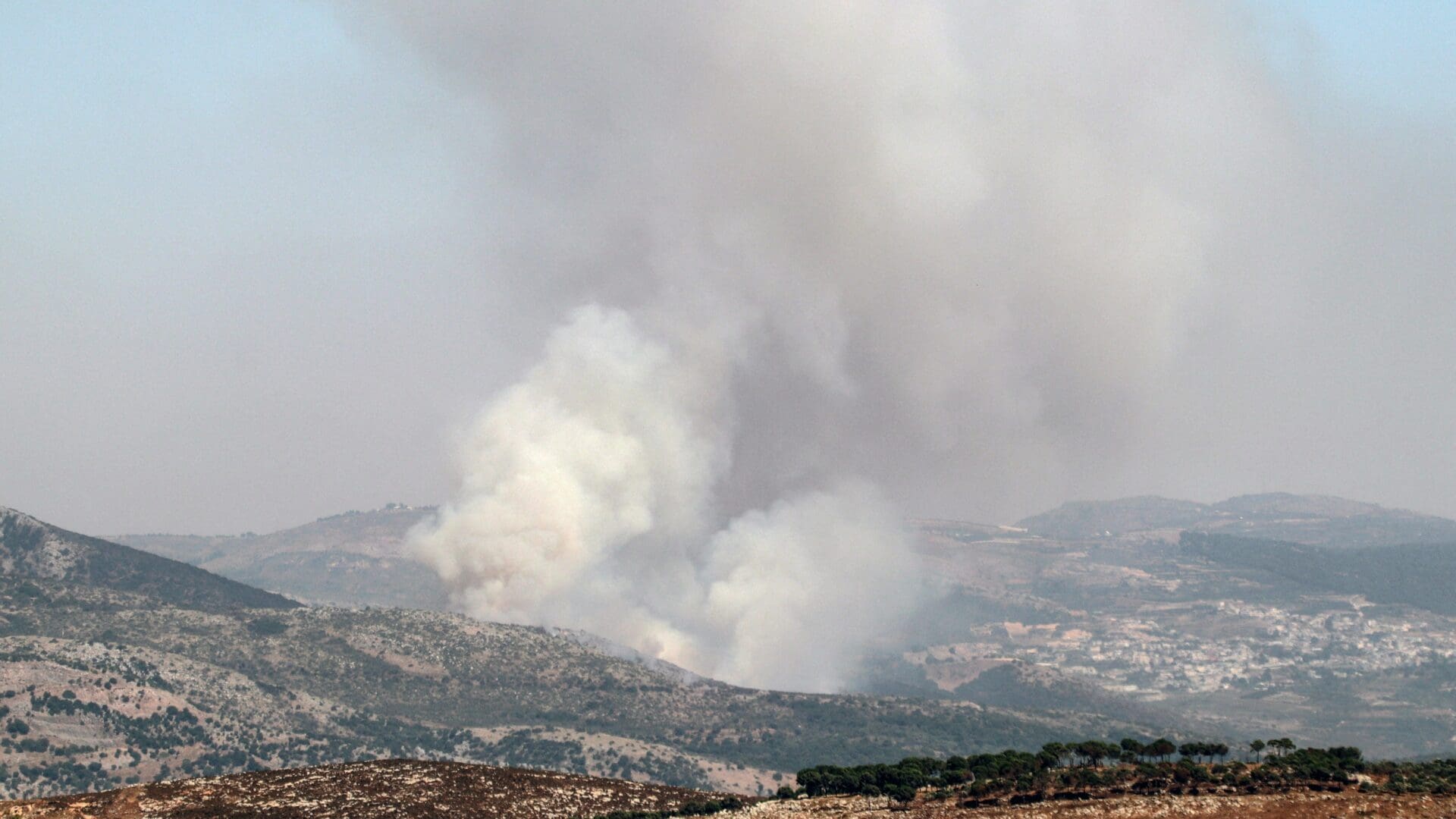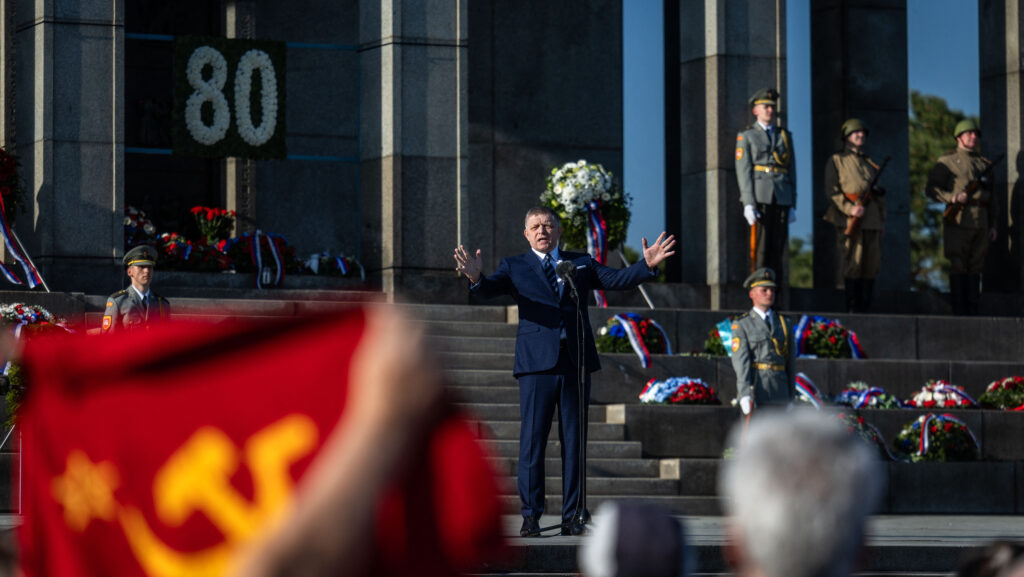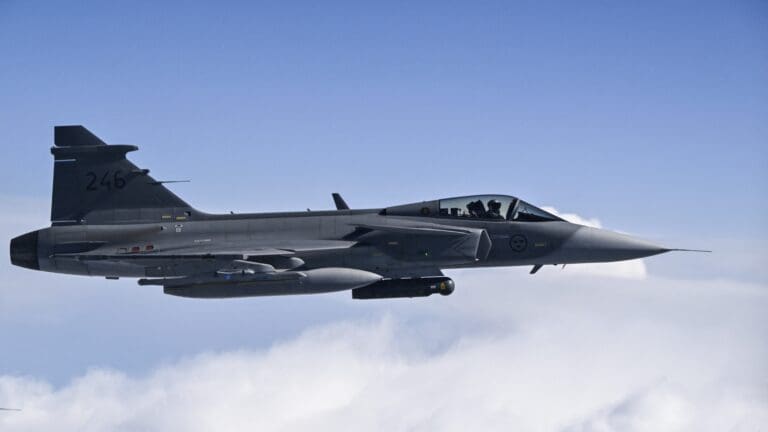Leader of the Lebanese militant group Hassan Nasrallah has warned of unleashing a wave of Middle Eastern refugees into Europe and directly threatened Cyprus if it assists Israel militarily.
Cyprus in the Crosshairs
Cyprus, geographically proximate to Israel and Lebanon, has found itself in a precarious position after Hezbollah leader Hassan Nasrallah explicitly threatened the island nation. The head of the terrorist organization, which also has a political branch holding seats in the Lebanese parliament, said Hezbollah will target Cyprus if it allows Israel to use its ports for military operations. Hezbollah’s threat highlights the broader regional implications of the militant group’s actions, backed by the Islamic Republic of Iran.
Hezbollah’s stark warning against the EU member Cyprus came after escalating tensions between Israel and the Lebanese-based terror organization, which risks becoming a full-scale local war. It would mean a two-front war for Israel, which has been fighting Hamas in Gaza for eight months to free at least 120 Israeli hostages still being held in the sea-shore enclave.
With flaring tensions in northern Israel, Hezbollah undoubtedly aims to make Jerusalem share its strategic attention and complicate Israel’s military logistics. Nasrallah’s rhetoric is a clear attempt to dissuade Cyprus from cooperating with Israel, fearing that the island’s proximity to Lebanon could make it a potential launchpad for Israeli attacks.
The strategic significance of Cyprus to both the EU and NATO cannot be overstated. It serves as a crucial outpost for monitoring Middle Eastern conflicts and ensuring the security of the Eastern Mediterranean. Hezbollah’s threats, therefore,
not only endanger Cypriot security but also challenge the strategic interests of the entire European bloc.
The European Union came to Cyprus’ defence, saying that the island ‘is a member state of the EU, which means the EU is Cyprus and Cyprus is the EU.’ As Lead Spokesperson for Foreign Affairs and Security Policy Peter Stano highlighted, ‘Any threat against one of our member states is a threat against the EU.’
In the 2000s, Israeli–Cypriot relations turned into an economic partnership, especially after discovering huge natural gas fields under the Eastern Mediterranean. In recent years, Israel has used Cypriot territory to train troops for potential conflict with Hezbollah, with Cyprus’ terrain being similar to that of Lebanon’s. Joint military drills between the IDF and Cypriot forces also took place in 2022 and May 2023, focusing on multi-front warfare and combating Hezbollah.
The Weaponization of Migration
It was not the first time, however, that Hezbollah’s leader Hassan Nasrallah threatened the European Union. Weeks earlier, the Tehran-backed militia’s leader voiced its threats to flood Europe with Syrian refugees from Lebanon, triggering a refugee crisis on the continent.
There are approximately 2 million Syrian refugees in Lebanon, having fled the civil war in their home country. The terrorist group would exploit the humanitarian crisis in Lebanon, where the economic collapse has left millions struggling
Nasrallah’s threat emerged after earlier this year the EU announced a $1 billion aid package to Lebanon aimed at curbing irregular migration. ‘Europe will come running to Beirut to stop the migration flow,’ Nasrallah declared,
signalling a willingness to use human desperation as a political weapon.
This tactic echoes the 2015 refugee crisis when a record of 1.3 million Middle Eastern migrants entered the EU, many of them illegally, without any valid documentation. The refugee crisis has severely strained EU resources and tested political cohesion, making it a potent tool for Hezbollah’s broader strategic aims.
These developments underscore the threat Hezbollah poses to the EU. The group’s ability to manipulate refugee flows and its readiness to use military force against EU member states necessitate an effective and coordinated response from the European Union, including applying diplomatic pressure on Iran, Hezbollah’s primary supporter, to reduce Hezbollah’s military capabilities and limit its regional influence.
Read more from Dávid Nagy:








